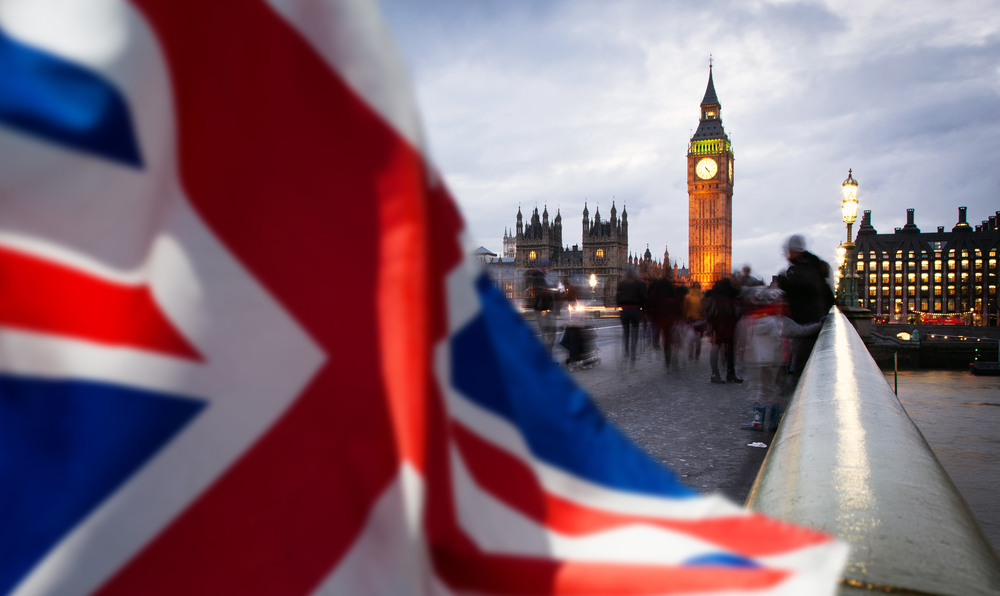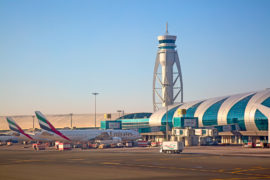With Brexit likely to become a reality under UK Prime Minister Boris Johnson, there are clear indications that it will result in a rise in the real estate and tourism sectors within the United Arab Emirates, according to analysts.
The UK pound has been in free fall since the departure of Theresa May, the former prime minister, but has stabilised following last week’s election, with the UK now seemingly certain to leave the EU by the end of January 2020.
The strengthening of the pound against the US dollar and increased confidence will be a good thing for the UAE in important service sectors such as tourism, says Abu Dhabi Commercial Bank chief economist Monica Malik.
Demand for the domestic real estate sector from the UK could also increase because of the strengthening of the nation’s currency, according to Malik.
After falling to 0.93 against the euro in August, the British pound has now increased 11%.
The pound is now at levels not seen since 2016, when the UK first made the decision to leave the EU, but Century Financial’s chief investment officer Vijay Valecha notes that trade deals take time and EU conditions could cause further volatility.
However, a strong British pound could result in more tourism from the UK to the UAE, with British holidaymakers on the continent getting a big advantage in foreign exchange from it, Valecha notes.
Analysts believe that any fluctuations until Brexit is finalised will be short-lived, and that in the long term, the UK will continue to be a massive tourism source market for the UAE.
UK tourism to the UAE is expected to recover throughout 2020 with the strengthening of business and confidence in Britain, which will be reflected by the currently stagnated labour market, says ThinkMarkets’ chief market strategist, Mohammad Zidan.
A stronger sterling will not just have a positive impact on the tourism sector in the UAE, however, with more British tourists also likely to result in gains in the country’s retail sector.
A greater number of tourists means an upturn in shopping and increases sales for retail outlets.
The hospitality and residential sector in Dubai is likely to be particularly positively impacted by the strengthening of the British pound.
In 2018, British citizens were the second biggest investment group in the emirate, responsible for around Dh10bn in property investment.
The impact could be even stronger for Dubai than elsewhere in the UAE because Dubai is already one of the region’s main destinations for British tourists, notes TRI Hospitality Consulting associate director Rashid Aboobacker.
However, some markets remain concerned about the smoothness of the Brexit process.
Anyone who is interested in travelling to the UAE from the UK, or vice versa, should take out travel insurance before getting on a plane.
Unexpected events such as cancelled flights and falling ill while overseas can cause financial hardship for travellers, and a comprehensive travel insurance policy is the best way to guard against that possibility.




